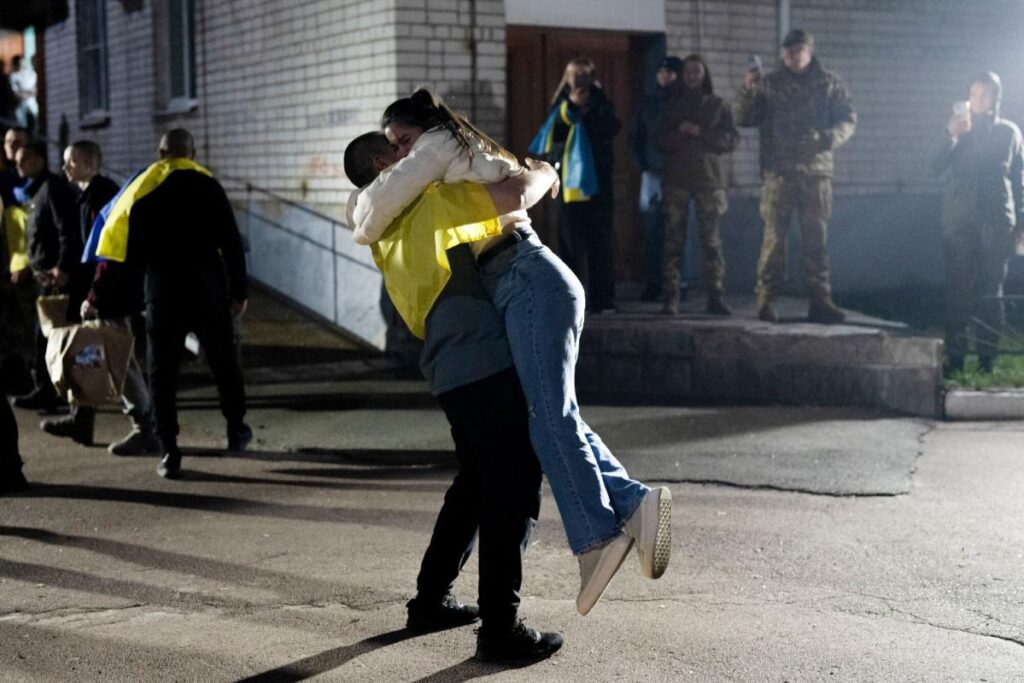Russia announced that it has successfully exchanged 95 Ukrainian soldiers for an equal number of its own troops, marking the first significant prisoner of war (POW) exchange in over a month. The Russian Defense Ministry stated that this exchange was facilitated by the United Arab Emirates, although Ukrainian officials have not yet confirmed that the deal has taken place. The backdrop to this exchange is the ongoing conflict, which has now entered its third year, and the series of prisoner swaps that have occurred since the beginning of Russia’s invasion of Ukraine.
Since the onset of the invasion, Russia and Ukraine have conducted numerous prisoner exchanges, with the latest swap contributing to the return of over 3,600 captured soldiers to Ukraine. The war has resulted in many soldiers being detained, highlighting the human cost of the conflict and the ongoing efforts by both sides to bring their servicemen home. The Ukrainian government has emphasized the importance of these exchanges, not just for military personnel but also for civilians who may be caught in the crossfire of the ongoing hostilities.
The most recent exchange follows a larger and significant POW swap that was also mediated by the UAE in mid-September, during which 152 individuals, both men and women, returned to Ukraine. This development indicates ongoing international involvement and mediation in efforts to resolve prisoner situations between the two nations. The mediation by the UAE, known for its diplomatic initiatives, underscores the complexities of the war and the international interest in resolving humanitarian issues arising from the conflict.
Despite these exchanges, Ukraine has not disclosed precise figures regarding the number of its citizens currently held by Russia. Earlier in the year, Ukrainian officials reported that approximately 8,000 individuals were incarcerated in Russian facilities, including a significant number of civilians. The exchange of military personnel represents only a portion of those detained, reflecting the larger context of the human rights and humanitarian concerns that have arisen because of the war.
Russian President Vladimir Putin previously claimed that approximately 6,465 Ukrainian soldiers were in captivity, along with 1,348 Russian soldiers held by Ukrainian forces. However, these figures remain unverified and shed light on the lack of transparency surrounding POW issues in the conflict. The disparity in the reporting of numbers reflects the broader challenges in assessing the situation accurately amid the chaos of war.
The continuation of such prisoner exchanges illustrates the ongoing complexities of the conflict and highlights the efforts made by both sides to negotiate the return of their soldiers. As the war drags on, the humanitarian aspect remains a priority for both nations, with external mediators like the UAE playing a crucial role in facilitating dialogue and exchanges. Despite repeated claims and counterclaims regarding the number of POWs, the urgent need for transparency and communication remains critical in navigating the challenges posed by the war.

